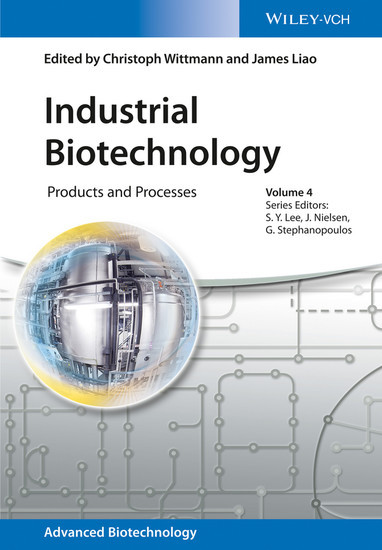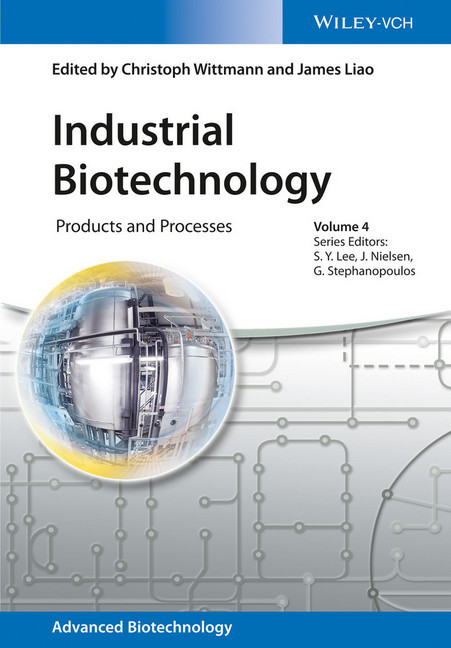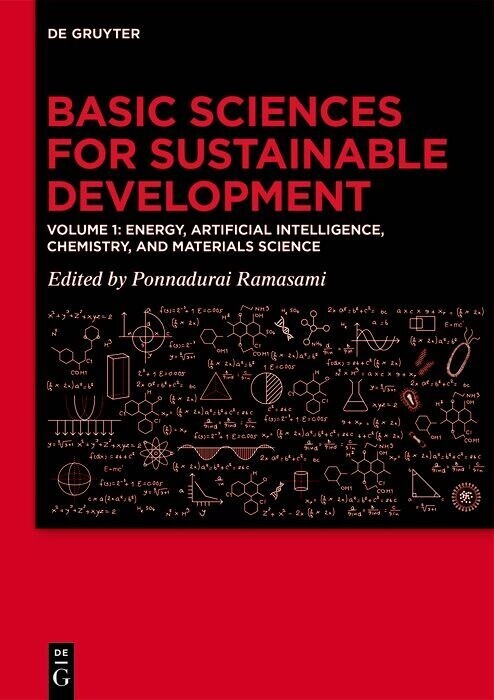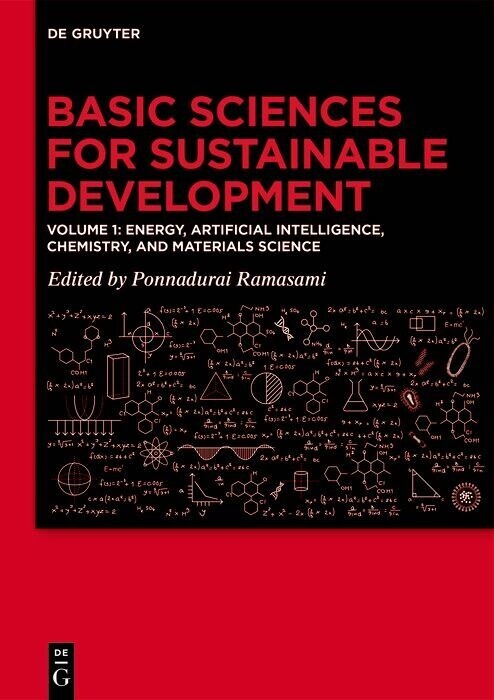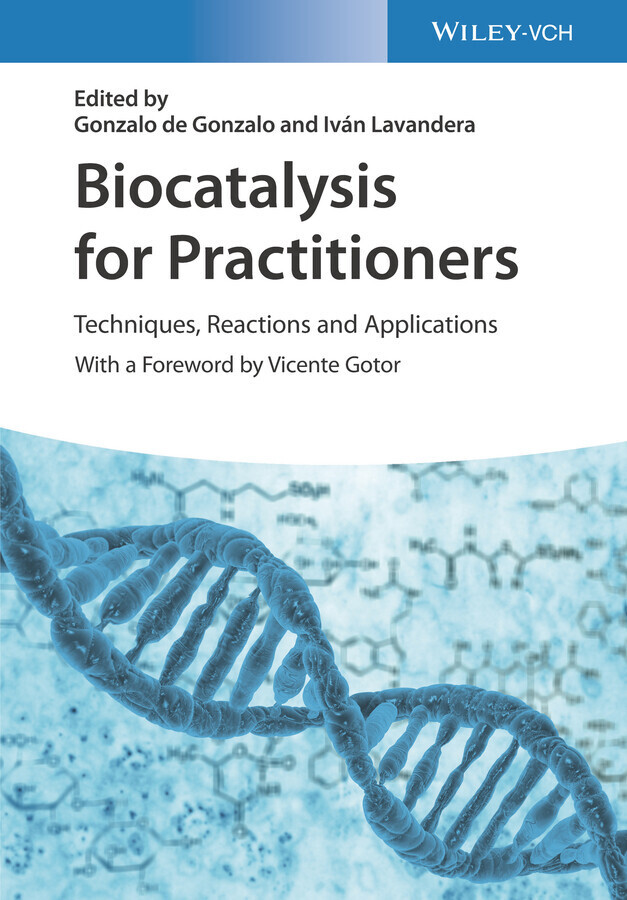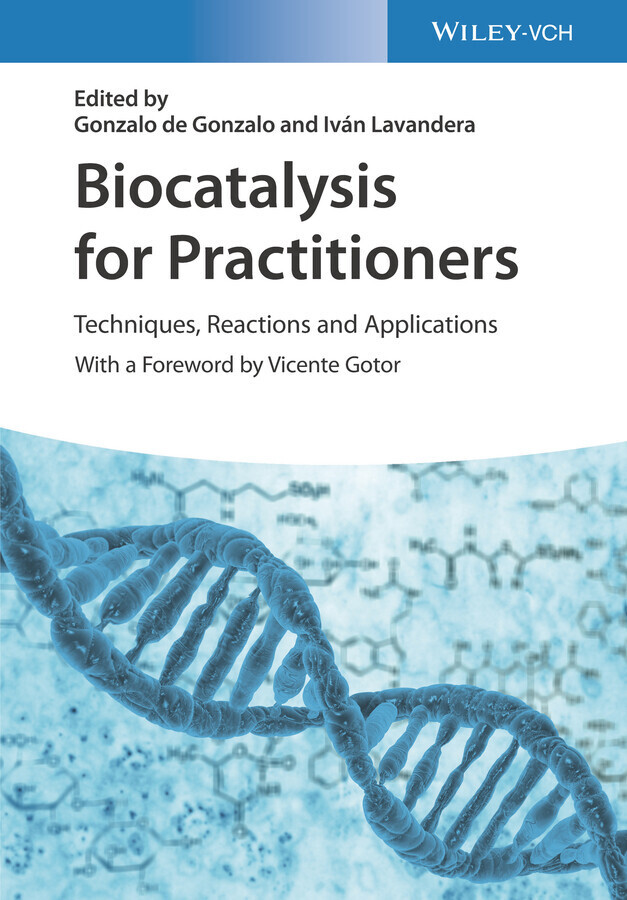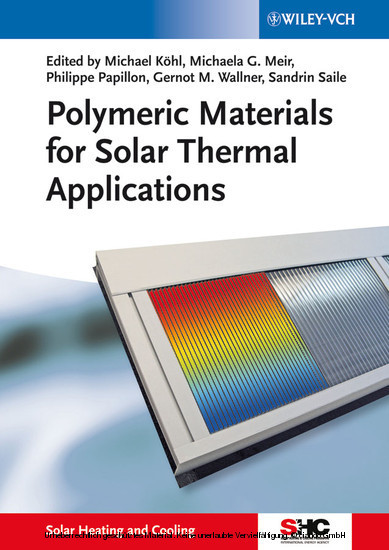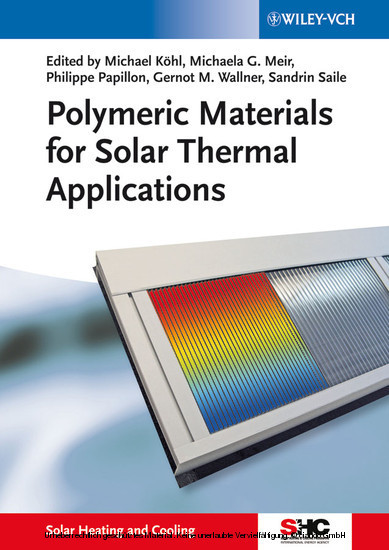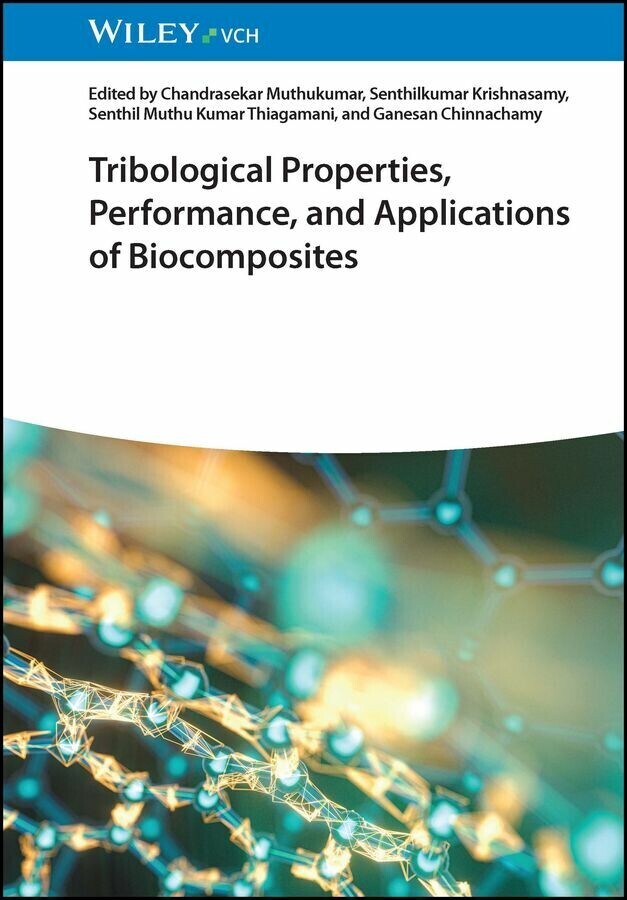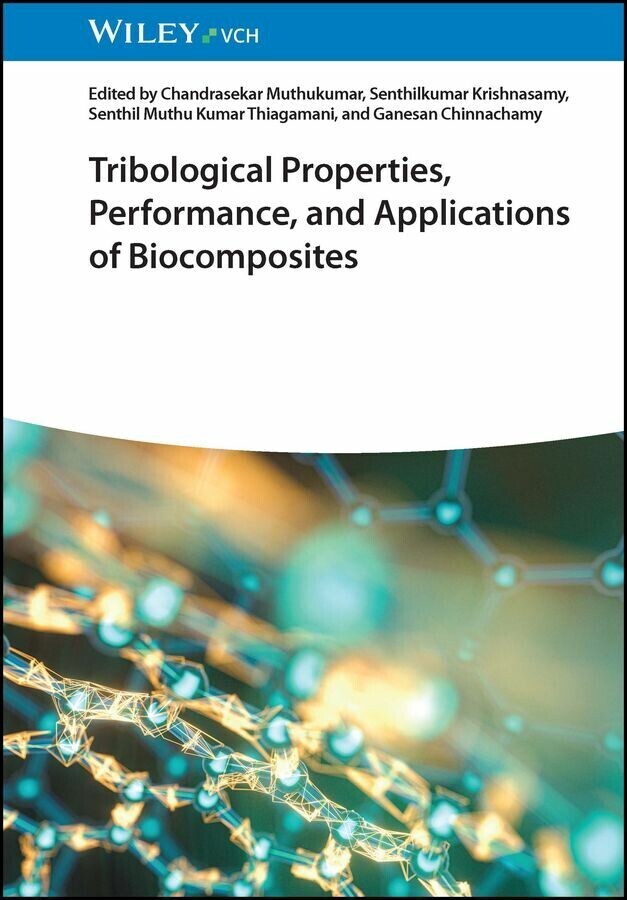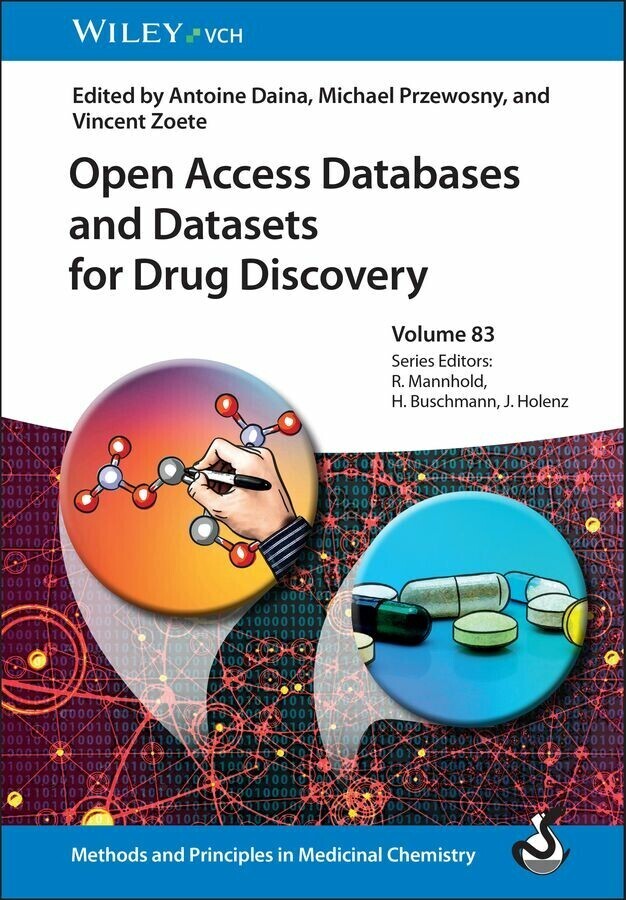Industrial Biotechnology
Industrial Biotechnology
Of interest to biotechnologists, bio and chemical engineers, as well as those working in the biotechnological, chemical, and food industries.
Christoph Wittmann is Director of the Institute of Systems Biotechnology at Saarland University, Saarbrücken, Germany. Having obtained his academic degrees from Braunschweig Technical University, Germany, he was postdoc at Helsinki University, Finland, held chairs for Biotechnology at Münster University, Germany, and for Biochemical Engineering at Braunschweig Technical University and was invited guest professor at Université Rangueil de Toulouse, France, before taking up his present position. He has authored more than 150 scientific publications, more than 20 books and book chapters, holds more than 20 patents and has received several scientific awards, including the Young Scientist Award of the European Federation of Biotechnology, and is board member of various scientific journals.
James Liao is the Department Chair of Chemical and Biomolecular Engineering at University of California, in Los Angeles (UCLA), USA. Having obtained his PhD degree from University of Wisconsin, Madison, USA, he started his career at Eastman Kodak Company, before moving to Texas A&M, USA, and then UCLA for his academic career. Professor Liao has received numerous scientific awards, including the Presidential Green Chemistry Challenge Award and the ENI award in renewable energy. He is also a member of the US National Academy of Sciences, National Academy of Engineering, and Academia Sinica in Taiwan.
Sang Yup Lee is Distinguished Professor at the Department of Chemical and Biomolecular Engineering at the Korea Advanced Institute of Science and Technology (KAIST). He is currently the Director of the Center for Systems and Synthetic Biotechnology, Director of the BioProcess Engineering Research Center, and Director of the Bioinformatics Research Center. He has published more than 500 journal papers, 64 books and book chapters, and more than 580 patents (either registered or applied). He received numerous awards, including the National Order of Merit, the Merck Metabolic Engineering Award, the ACS Marvin Johnson Award, Charles Thom Award, Amgen Biochemical Engineering Award, Elmer Gaden Award, POSCO TJ Park Prize, and HoAm Prize. He currently is Fellow of American Association for the Advancement of Science, the American Academy of Microbiology, American Institute of Chemical Engineers, Society for Industrial Microbiology and Biotechnology, American Institute of Medical and Biological Engineering, the World Academy of Science, the Korean Academy of Science and Technology, and the National Academy of Engineering of Korea. He is also Foreign Member of National Academy of Engineering USA. He is currently honorary professor of the University of Queensland (Australia), honorary professor of the Chinese Academy of Sciences, honorary professor of Wuhan University (China), honorary professor of Hubei University of Technology (China), honorary professor of Beijing University of Chemical Technology (China), and advisory professor of the Shanghai Jiaotong University (China). Lee is the Editor-in-Chief of the Biotechnology Journal and Associate Editor and board member of numerous other journals. Lee is currently serving as a member of Presidential Advisory Committee on Science and Technology (Korea).
Jens Nielsen is Professor and Director to Chalmers University of Technology (Sweden) since 2008. He obtained an MSc degree in Chemical Engineering and a PhD degree (1989) in Biochemical Engineering from the Technical University of Denmark (DTU) and after that established his independent research group and was appointed full Professor there in 1998. He was Fulbright visiting professor at MIT in 1995-1996. At DTU, he founded and directed the Center for Microbial Biotechnology. Jens Nielsen has published more than 350 research papers, co-authored more than 40 books and he is inventor of more than 50 patents. He has founded several companies that have raised more than 20 million in venture capital. He has received numerous Danish and international awards and is member of the Academy of Technical Sciences (Denmark), the National Academy of Engineering (USA), the Royal Danish Academy of Science and Letters, the American Institute for Medical and Biological Engineering and the Royal Swedish Academy of Engineering Sciences.
Professor Gregory Stephanopoulos is the W. H. Dow Professor of Chemical Engineering at the Massachusetts Institute of Technology (MIT, USA) and Director of the MIT Metabolic Engineering Laboratory. He is also Instructor of Bioengineering at Harvard Medical School (since 1997). He received his BS degree from the National Technical University of Athens and his PhD from the University of Minnesota (USA). He has co-authored approximately 400 research papers and 50 patents, along with the first textbook on Metabolic Engineering. He has been recognized by numerous awards from the American Institute of Chemical Engineers (AIChE) (Wilhelm, Walker and Founders awards), American Chemical Society (ACS), Society of industrial Microbiology (SIM), BIO (Washington Carver Award), the John Fritz Medal of the American Association of Engineering Societies, and others. In 2003 he was elected member of the National Academy of Engineering (USA) and in 2014 President of AIChE.
Wittmann, Christoph
Liao, James C.
Lee, Sang Yup
Nielsen, Jens
Stephanopoulos, Gregory
| ISBN | 9783527807826 |
|---|---|
| Artikelnummer | 9783527807826 |
| Medientyp | E-Book - PDF |
| Copyrightjahr | 2016 |
| Verlag | Wiley-VCH |
| Umfang | 640 Seiten |
| Sprache | Englisch |
| Kopierschutz | Adobe DRM |

